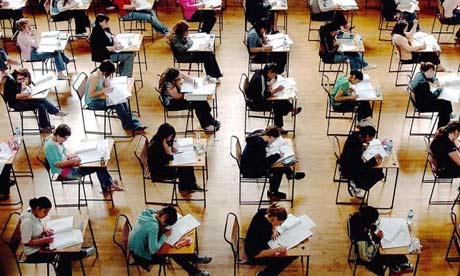Is The Remote Bar Exam Over?
This week’s bar exam may be the last remote test for many states in the US.
Bloomberg Law reports that 28 states are holding their tests remotely this week with 22 other states offering in-person exams. In June, the National Conference of Bar Examiners announced that bar exam materials for the February 2022 exam would be paper-based and designed for in-person test taking.
“(W)e anticipate that the July 2021 exam will be the last one with a remote administration option,” Beth Hill, the group’s director of test development, operations, and security, tells Bloomberg. “Of course, we all know how quickly things can change in the era of COVID-19; but regardless of what the future may hold, we remain committed to supporting the jurisdictions and working with them to ensure that their candidates have the opportunity to take a bar exam.”
LESSONS LEARNED
When the COVID-19 pandemic forced states to shift to remote testing last year, a number of test-takers reported a ‘negative’ online exam experience. For the most part, issues around technology have been resolved. But, experts say, the COVID-19 pandemic has taught the legal education institutions a number of important lessons around access to the industry.
“The volume around debates on alternative pathways into the profession has lessened as angst about the virus receded somewhat,” Aaron Taylor, executive director of the AccessLex Center for Legal Education Excellence, tells Bloomberg Law. “But significant discussions are ongoing. The virus has prompted us to think more deeply about issues of fairness and equity.”
A number of critics of the bar exam argue that standardized testing acts as a ‘gatekeeper’ to industries such as law. In a open letter from more than 20 law deans across the nation, critics highlighted the inequality of the bar exam.
“Far too often, the bar exam measures privilege and opportunity, rather than competency to practice law,” the open letter states. “This privilege includes being able to study for months without the necessity to work; being able to pay thousands of dollars for a commercial bar preparation course; and being able to have a safe and comfortable place to study day-after-day without the disruption of caregiving responsibilities. The conditions under which graduates are now trying to persevere guarantees that existing inequalities — built in large part on race, class, disability status, and gender — will be exacerbated.”
Sources: Bloomberg Law, NCBE, Bloomberg Law, ABA For Law Students


Questions about this article? Email us or leave a comment below.